|
All three of us at BTBL have worked in education with children of varying ages and have seen those that struggled with reading and the ones that ended up being placed in reading classes. More often than not, the younger children’s issues stemmed from a lack of exposure to books as well as a lack of interest, which if not addressed early is compounded in later years. The older children, middle and high school, could read the words but lacked the ability to comprehend what they read, which placed them at a severe disadvantage in an educational system that emphasizes standardized testing. When reading a passage in a test, comprehension is vital but if a child lacks a broad vocabulary and background knowledge, they cannot even make an educated guess. If you search the Internet for how to assist your child in reading comprehension what you will find are sites that give information on explicit instruction in skills and strategies with worksheets to download and print off for a child to fill in before, during and after reading. While teaching reading strategies is not necessarily a bad thing, we would like to point out that if one is lacking background knowledge, comprehension will not occur. Let’s see what background knowledge can mean to comprehension. Read and summarize the following passage: Having crumbled to 214 all out, with Jonathan Trott's 84 not out the glue across an otherwise brittle English innings, the tourists were back in the contest when Paul Collingwood's brace had the hosts wobbling at 100 for five at the turn of the 21st over. Having a bit of difficulty? We did and that’s because we are not familiar with the game of cricket as any fifth grader would be who was raised in England. This shows that even though you can read the words of the passage, you need to be able to connect what you already know to what you are reading to comprehend the text, otherwise it is just words. 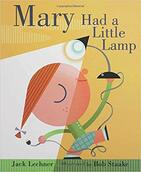 Another way to strengthen background knowledge is to use various books to build connections using one to build upon another, which aids in committing the experience and knowledge to memory. For example, you can begin by familiarizing your child with the nursery rhyme Mary Had a Little Lamb, if they don’t already know it, and then read Mary Had a Little Lamp by Jack Lechner, which puts a new twist on the classic rhyme. To further expand the experience, find a recording of Edison speaking into the first phonograph the words “Mary had a little lamb.” You can also use this concept by reading a non-fiction book on say trains and then finding a fiction book involving trains and perhaps a seek-and-find book and coloring pages on the subject and then visit and ride a train. Take an idea and expand on it with books and experiences. Take an interest or topic and let it grow with your child. For example: Reading to your child is the best way to build background knowledge. A child’s reading comprehension does not meet their listening comprehension until approximately the eighth grade. In other words, a child can understand more of what they hear than what they can read on their own, so if there is a particular book your child is interested in and it’s listed above their age level, go ahead and read it to them if you deem it appropriate. It may require some explanation and illustrations will also assist with understanding but the experience will still add positively to their background knowledge. Rule of thumb is if they are engaged and are enjoying the story, stick with it. There are many excellent picture books out there, both fiction and non-fiction, that offer rich vocabulary and engaging stories that will build background knowledge and peak interests for further exploration. Non-fiction books are an excellent way to build knowledge but fiction does as well and may be more memorable. There are so many picture books available that have engaging storylines, rich vocabulary and detailed illustrations, which both builds background knowledge and aids in comprehension. Books of yesteryear are also great to include for the vocabulary and illustrations. We have found that many children know only what is in their own sphere and have no concept of rotary telephones, typewriters, record players etc., which older books may refer to and have in their illustrations. So, don’t discount a book because of its age for there are many benefits and knowledge to glean that just might resurface later (think vinyl records.) Use both fiction and non-fiction to ignite interest, create curiosity and build knowledge. Titles to consider: Books give you background knowledge without you even realizing it when you are reading. My mother read to her middle school students at the start of every class and she often had students come back later all excited that they saw, read or heard something that pertained to an idea or theme that was in the book she was reading, further expanding their knowledge, so just know that reading books give knowledge without the actual “teaching”. The idea is to read something of interest or just plain fun and the knowledge will be imparted naturally adding to a child’s “well of knowledge” to be recalled when needed. Consider the following ideas:
Even if you don’t do any extended activities, just keep reading. All reading gives knowledge and can even spark an idea that fuels the imagination. The focus of reading should not be for test taking purposes but rather for enjoyment and to get information on subjects that a child is passionate about. The simple act of reading every day will increase background knowledge and enhance a child’s life. Books and the physical experiences of everyday life become background knowledge and therefore reading to your child is extremely important and not just until they can read on their own but into the later years as well. Learning is a life long journey. Experience it with your child through books. Happy reading! -Kate @ BTBL Author We are three generations that seek a way to get back to basics. It’s not that we eschew technology, but sometimes simpler is better, especially in raising our children. Mom was a reading teacher, Amanda is an early childhood educator and Kate a children’s literature specialist and former school librarian along with the latest editions, a daughter for Kate (now 3) and a son for Amanda (now 1.) We advocate reading aloud, the simple toys that use imagination and encourage creativity and learning in the kitchen, which can be a fun mess but also teaches life skills. Join us in raising healthy, happy, inquisitive and intelligent children.
0 Comments
Leave a Reply. |
AuthorWe are mom Sandra and daughters Amanda and Kate, all with backgrounds in literacy and education, who want to share our philosophy of taking the basics of life; books, simple toys that encourage play, imagination and creativity, and using cooking and baking to teach math and real life skills to raise happy, inquisitive children. Join us in exploring the old and the new and sifting through the myriad of research to consider what is best for our children. Archives
June 2022
Categories
All
|
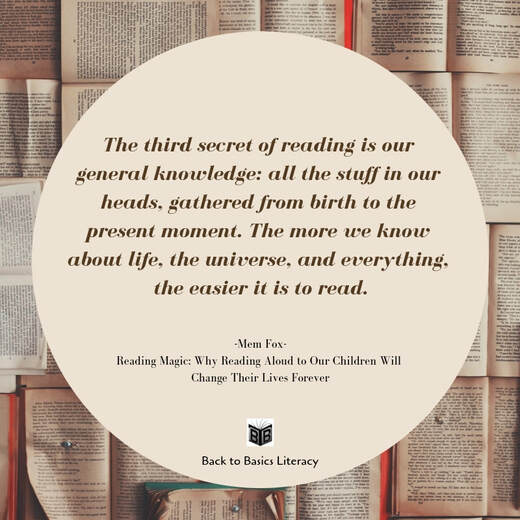
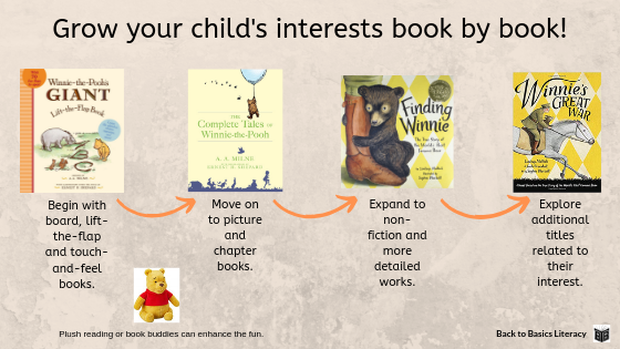
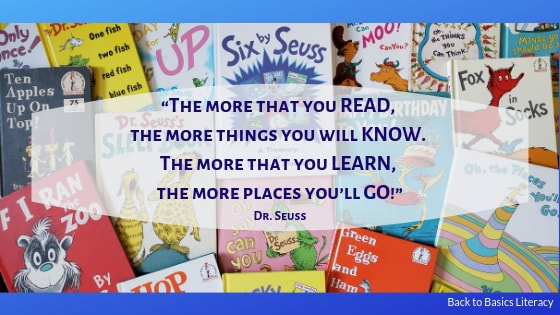
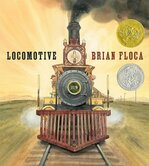

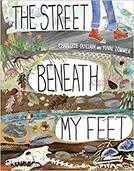
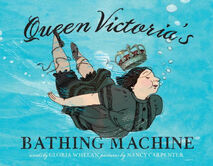
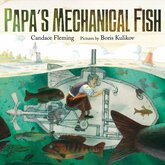
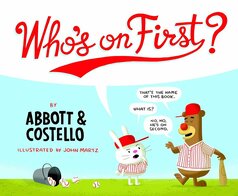
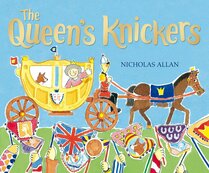
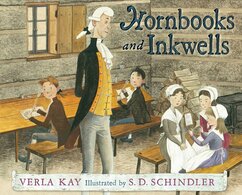
 RSS Feed
RSS Feed